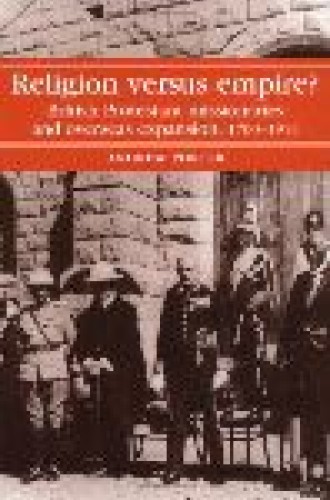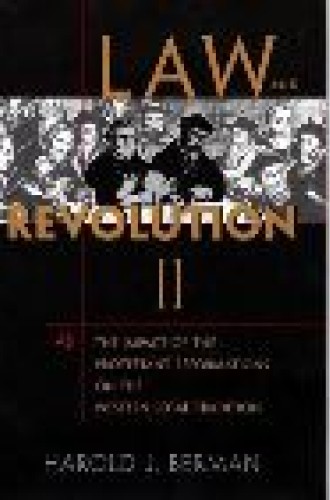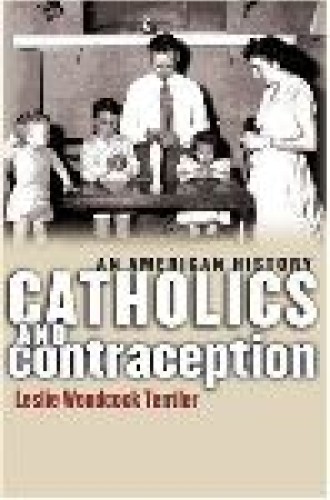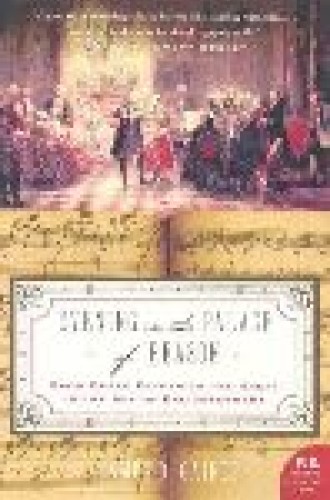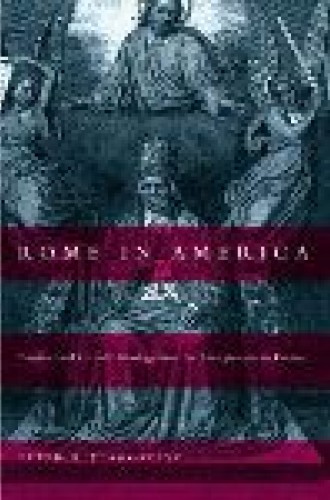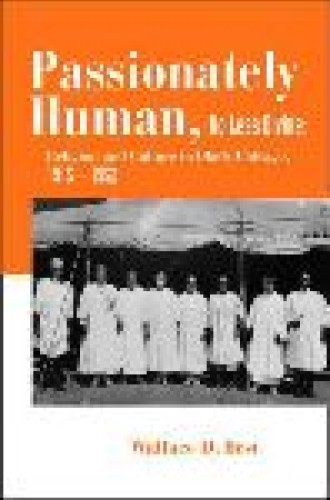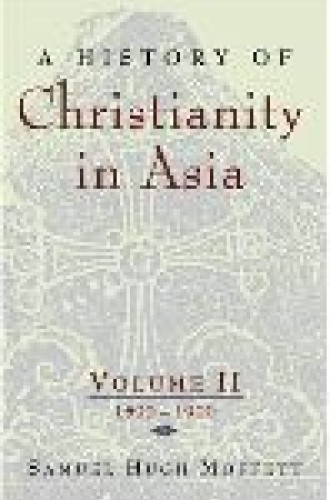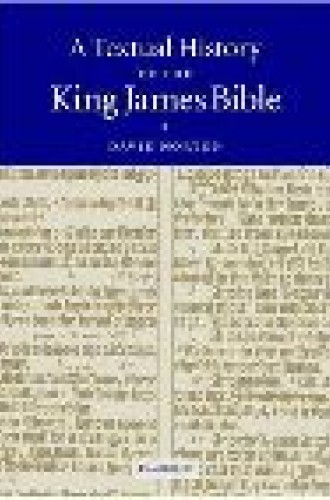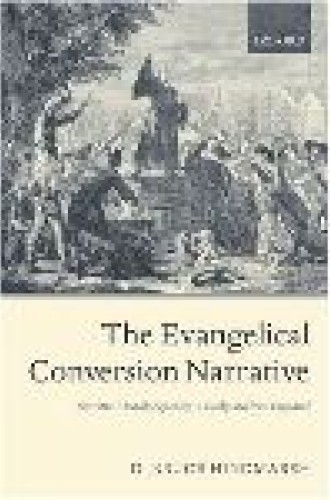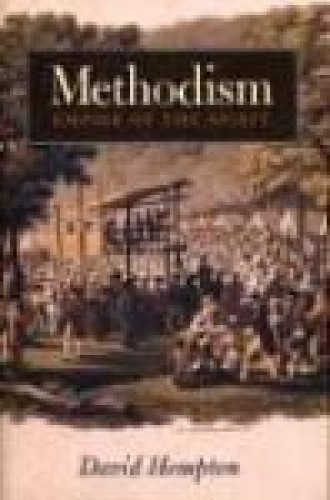Take and read
This remarkably well-researched volume breaks new ground with its discussions of missionaries, the character of the British empire, Christian-Islamic relations and the regions to which British missionaries and colonizers brought the Christian message. The most important of the book’s many virtues is that it shows how complex, ambiguous and self-contradictory the missionary-imperial relationship was.
Western Protestantism has been passing through an unstable period, with well-publicized defections to Catholicism and Eastern Orthodoxy, instances of fundamentalist retrogression, tepid cooling to a thinly veiled secularism, and fervent pursuit of pop evangelicalism. This second volume of Berman’s magisterial assessment of the legal effects of the Reformation reminds readers that Lutherans and Calvinists once exerted profound influence on Europe, and mostly for the good.
Hempton’s unusually well-written book benefits from the recent surge of fine historical work on early Methodism and represents an analytical leap forward in its own right. It charts the Methodist course on both sides of the Atlantic, revisits questions of advance and decline with fresh archival research and illuminates the movement’s social background (money, missionaries, membership, minorities and more) with unprecedented sensitivity.
Tentler employs extensive archival research and a wide range of interviews to relate a complex ecclesiastical history. With consistent concern for her story’s human dimensions (priests as confessors, husbands and wives as parents, laity along with clerics as committed church members), she paints a moving personal picture as well.
An entire book may seem excessive for explaining the meaning of what happened in Potsdam on Sunday night, May 7, 1747, when a young Prussian king asked an old Thuringian musician to improvise on a tune the king had composed. For James Gaines, however, the event is more than enough to set the stage for a captivating dual biography contrasting the appalling emptiness of Frederick the Great’s up-to-date Enlightenment with the eternal plentitude of Johann Sebastian Bach’s old-fashioned Lutheranism.
D’Agostino’s pioneering effort reveals the persistent strength of American echoes of events at the Vatican and advances an edgy alternative to Americanist readings of the nation’s Catholic history. Not only is it a promising invitation to new scholarship, but since the author’s murder in Oak Park, Illinois, in late June it is also a memorial tribute to great promise cut off before its time.
This deeply researched and beautifully written volume provides the most comprehensive account yet of the personal narratives that inspired the 18th-century evangelical movement. With his compelling combination of literary, cultural, historical and theological analysis, Hindmarsh makes sense of what laypeople, as well as renowned figures like John Wesley and William Cowper, meant when they said they had been converted.
This study demonstrates the surpassing importance of the Great Migration of southern blacks for African-American religious life in Chicago. In a study brimming with insights—about topics ranging from radio to the leadership of women pastors, from black businesses to black entertainment, from the struggling African Methodist Episcopal Church to flourishing Baptist, Pentecostal and nondenominational community churches—the most striking insight concerns the energy of the southern migrants who transformed what church meant and how it was done.
Comprehensive, painstaking, illuminating, evenhanded, discriminating, wide-ranging: all of the adjectives that once greeted the many volumes of K. S. Latourette’s history of the expansion of Christianity can now be applied to this outstanding addition to Samuel Moffett’s account of what has become a timely as well as historically important story.
Norton prepared this volume as a companion to his new critical edition of the 1611 Authorized Version, also published by Cambridge University Press. Unlike other recent authors who have helpfully examined the cultural and religious history of this most influential edition of the world’s most influential book, Norton provides a learned, precise and comprehensive account of the original text itself and of many later alterations.


